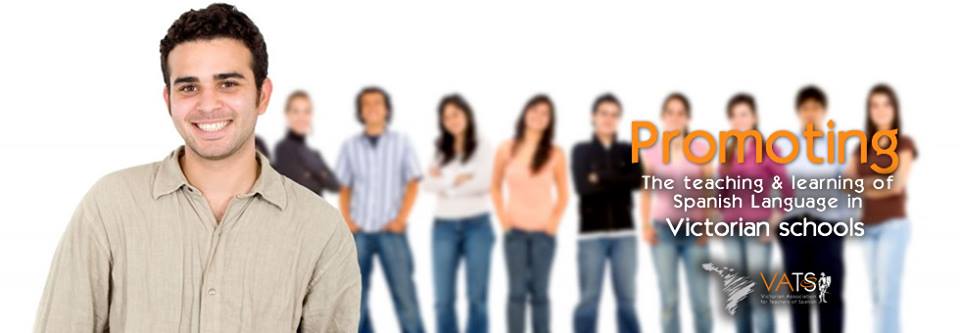Prof. Martínez Expósito from Melbourne University summarizes in his book ten important facts on Spanish and Latin American studies (Martínez-Expósito & López 2008):
1. A second language is a definite advantage
2. Spanish is the first Western language by number of native speakers
3. Spanish is a major international language
4. Australia’s trade with Spanish-speaking countries is ever expanding
5. Spanish is one of the three most demanded foreign languages worldwide
6. The Hispanic – A major world culture
7. Spanish is the language for travel and hospitality
8. Spanish enjoys proper academic standards
9. Learnability: Spanish is easy to learn
10. Spanish is an Australian community language
Promotion of existent programs as foundation for new schools keen to implement a Spanish language program
To continue with the delivery and consequent promotion of quality language programs, teachers are encouraged to take firm and consistent participation in our network and PD sessions. Collegiality and professional discussion among teachers from different areas all across Melbourne is very much welcome during our gatherings and through our online feeder.
We also encourage language teachers to maintain their enthusiasm and close communication with school families and the further community. Responding to the Victorian Vision for Languages 2025, our guiding pace "Spanish, an easy language to learn for English speakers with a great cultural wealth to offer Victorian school students" was launched. With a promisingly increasing number of schools offering Spanish, VATS continues to work on equipping our members with the necessary knowledge and skills for a successful implementation of the Australian and Victorian Curriculum. Following our guiding pace and in order to strengthen collegiality, VATS launched the strategy “Spanish: symbol of high quality programs for Victorian school students”. Similarly, to increase intercultural awareness we embraced the motto "21 language-and-cultural pillars, one direction towards Spanish language learning" in our immersion days and community represented initiatives. Among associates, these resulted in an enriching exchange of expertise, collaboration, active contribution and ongoing commitment to supporting and promoting the learning and teaching of Spanish in Victoria.
Teaching Networks and Sample curriculum programs
As you are aware Victorian government schools cater for students from diverse language, cultural and socio-economic backgrounds. This is why as language teachers we are committed to, and fully supported with, ongoing professional development to contributing to our individual school's goals and our association's vision to provide Victorian government schools with a Spanish language program of high quality.
Innovation and technology are becoming a key focus with a strong emphasis on student engagement and 21st Century pedagogies. And, we are also aware that quality programs should operate at school level to support literacy and numeracy initiatives. What is more, research shows that when professionals get together and share their experiences and resources it results in an effective delivery of individual programs. Moreover, David Marsh states 'the most successful programs are those which integrate the best of the available approaches, methods and resources". All these statements validate our hard work all around the year to provide our colleagues with opportunities to further develop their teaching knowledge and skills.
The co-operative elaboration of sample curriculum programs, unit designs and exchange of expertise have been proved to be of high assistance for all our Spanish Language teachers in 2015. In 2016, we will continue to encourage our network meetings and implement more "totally practical journal" sessions (TPJ) where colleagues can see, apply, reflect and further discuss different curriculum components.
